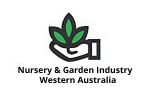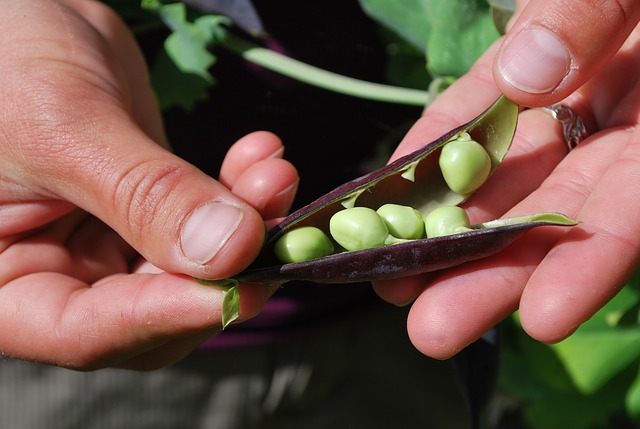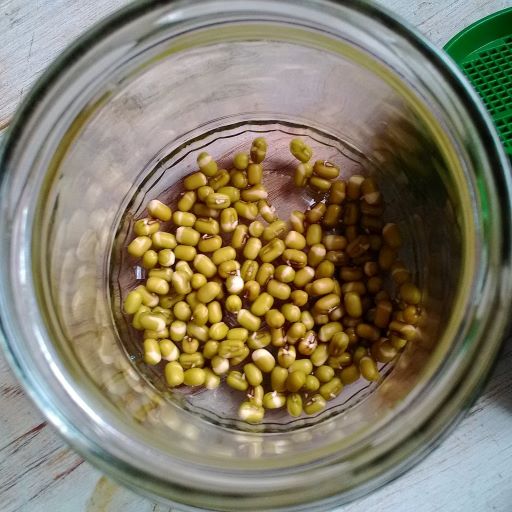Established in Hilton, Western Australia, Seed Station is an Australian-owned and operated business with origins dating back to 2010. What began as a small seedling venture at local Farmers Markets and IGA supermarkets quickly evolved in response to customer demand. The business diversified its offerings to include seeds alongside seedlings, ultimately transitioning to a dedicated focus on seed supply by 2022.
At Seed Station, we pride ourselves on cultivating our own range of plants specifically for seed production, supported by a network of passionate seed savers and seed enthusiasts. This collaborative approach allows us to provide our customers with exceptional-quality seeds. We prioritise sourcing seeds locally or within Western Australia, drawing on our extensive experience in seedling cultivation to ensure that we partner with the best quality seed growers.
Our seed collection has expanded from a modest selection of vegetable seeds to a diverse range encompassing herbs, flowers, and native species. We cater to thousands of Australian home gardeners through our online platform and also serve select commercial growers.
The cornerstone of our offerings is our emphasis on heirloom and open-pollinated seeds. We believe in empowering our customers to save their own seeds for planting, swapping, or storing for the future. This philosophy not only promotes affordability and sustainability in growing their own food supply but also plays a crucial role in preserving our seed heritage for generations to come.
At Seed Station, we embrace the identity of the “Home of the Seed Enthusiast.” Each seed in our collection represents much more than just a starting point for a plant; it embodies a legacy filled with origins and histories. When you plant a seed from Seed Station, you participate in a larger narrative, contributing to the conservation of biodiversity and the continuation of agricultural traditions.
Join us on this journey of growth and discovery, and become a part of the Seed Station story—where every seed planted enriches not only your garden but also the collective heritage we share.

Avid Green Thumb
I can always be found doing something in the garden. I love all things plants!

Accreditation
Seed Station is a member of the Nursery & Garden Industry Western Australia. This is the peak industry body representing commercial growers, retailers and suppliers in WA since 1939. NGIWA is committed to providing professional and technical leadership through education, support and representation to advance the growth and profitability of its members.
Our Mission
‘Leaf’ everything better than how we found it.
Greek Proverb: “A society grows great when old men plant trees whose shade they know they shall never sit in.” It’s a good reminder that what we do today is not just for us, but for those who’ll come after.
I’m all about making things better than I found them. Whether it’s backing environmental causes or simply getting my recycling right, I try to do my bit for the planet. In my own little patch of the world, I grow things organically using permaculture methods. I whip up my own compost from kitchen scraps and garden debris, and I’ve got a worm farm bubbling away too. Even when I’ve got extra scraps, my local council puts them to good use for community composting.
I’ve got a real soft spot for all the little critters in my garden. Balancing their needs with mine is important. Insects are champions for our planet, and with modern farming methods as they are, our gardens have become crucial havens for these tiny heroes.
I’m a big fan of recycling and re-purposing. Even my Labrador’s old bones find a place in my pots as chocks! I use paper envelopes for my seeds, making sure everything’s recyclable and sourced locally. There’s no plastic in sight, and when I send out orders, they’re packed in fully compostable materials. It feels good to do things this way, knowing it helps the earth a little bit.
What is a seed
Seeds are the primary means of propagation for most plant families. The life cycle of a seed begins with the flower and ends with a seedling. Seeds come in all sizes, ranging from the large football-sized seeds of a coconut palm to the tiny, pinhead-sized seeds of a poppy, showcasing the incredible variety nature offers.
Different seeds also have varied methods of dispersal and germination. Some seeds are lightweight and can be carried by the wind, while others attach to animals or people, allowing them to be transported over great distances. There are even seeds that can pass through a bird’s digestive system, emerging with a natural fertiliser coating that helps them establish in new locations.
The seed life cycle can range from just a few days of viability to as long as 2,000 years. Regardless of size or lifespan, each seed contains all the genetic information needed to grow into a new plant, making it a remarkable package of potential.
Growing from seed is not only satisfying but also cost-effective. By doing so, gardeners can access a wider variety of plants than what is typically available as seedlings in nurseries. Commercial growers often focus on mass-producing popular plants, which limits the range of options for gardeners.
If you’re interested in cultivating heritage plants or seeking out rare and unusual varieties, starting with seeds is the way to go!
If you want to read more on heirloom seeds check out my blog post:
Heirloom Seeds: An Introductory Guide For Seed Enthusiasts

Open Pollinated Seed
Open pollination means the plants are naturally fertilised by bees, moths, bats, birds and even the wind or rain.

Heirloom Seed
The definition of an heirloom seed is a seed that has been grown and passed down over many generations. The saved seed will produce the same plant.
Since agriculture began, people have been choosing the qualities they like in a plant and saving those seeds to grow year after year. This plant selection and can only be done with open pollinated seed.

